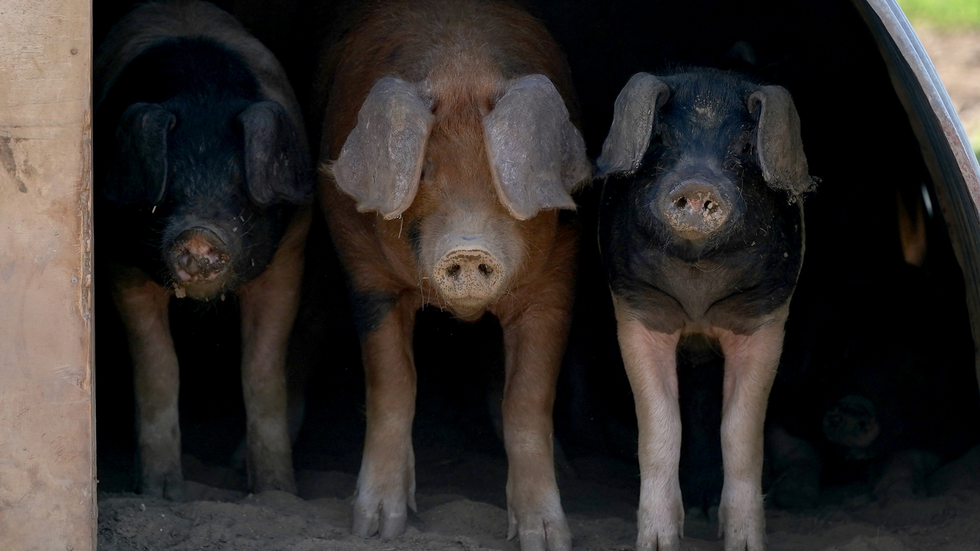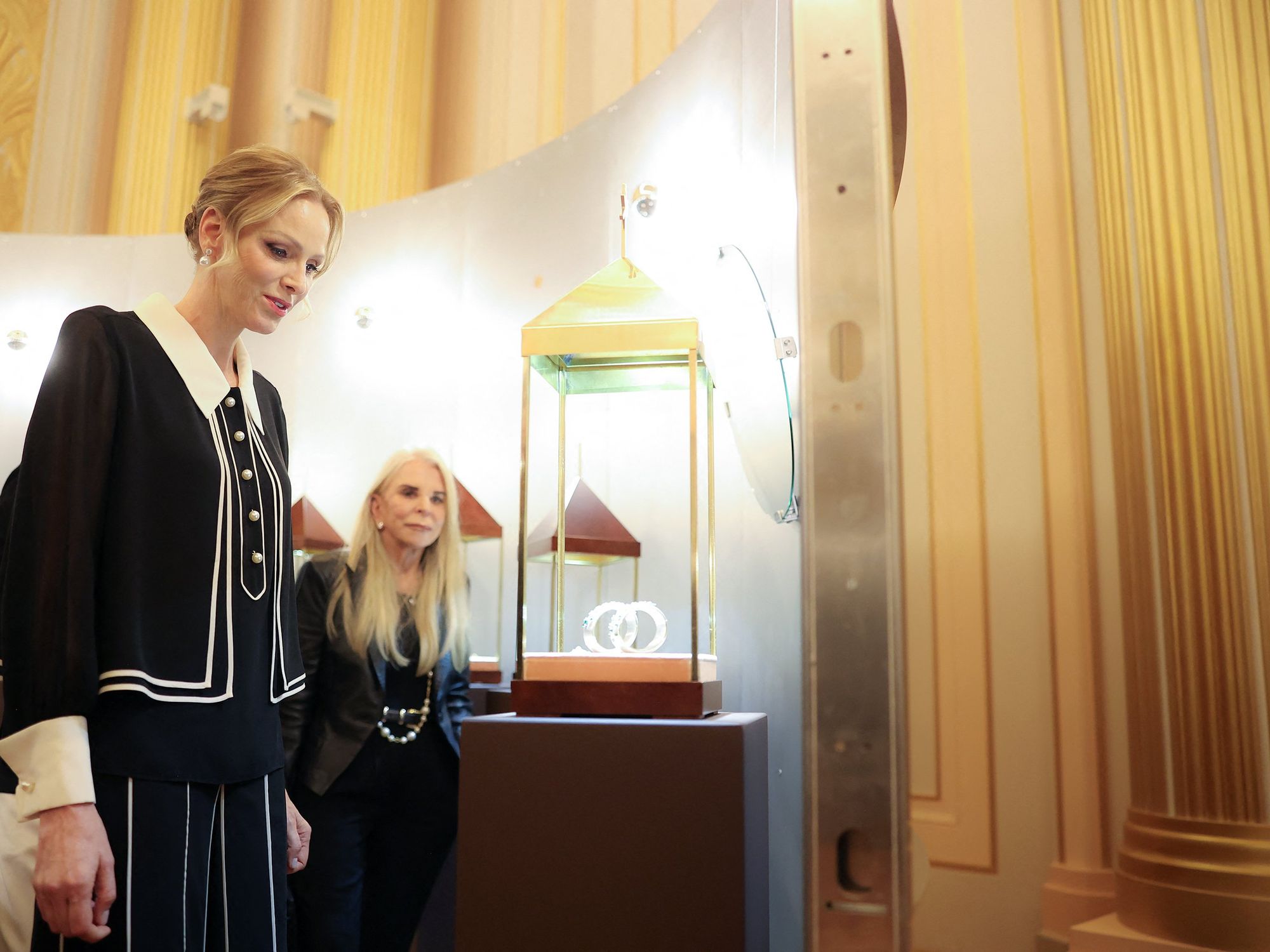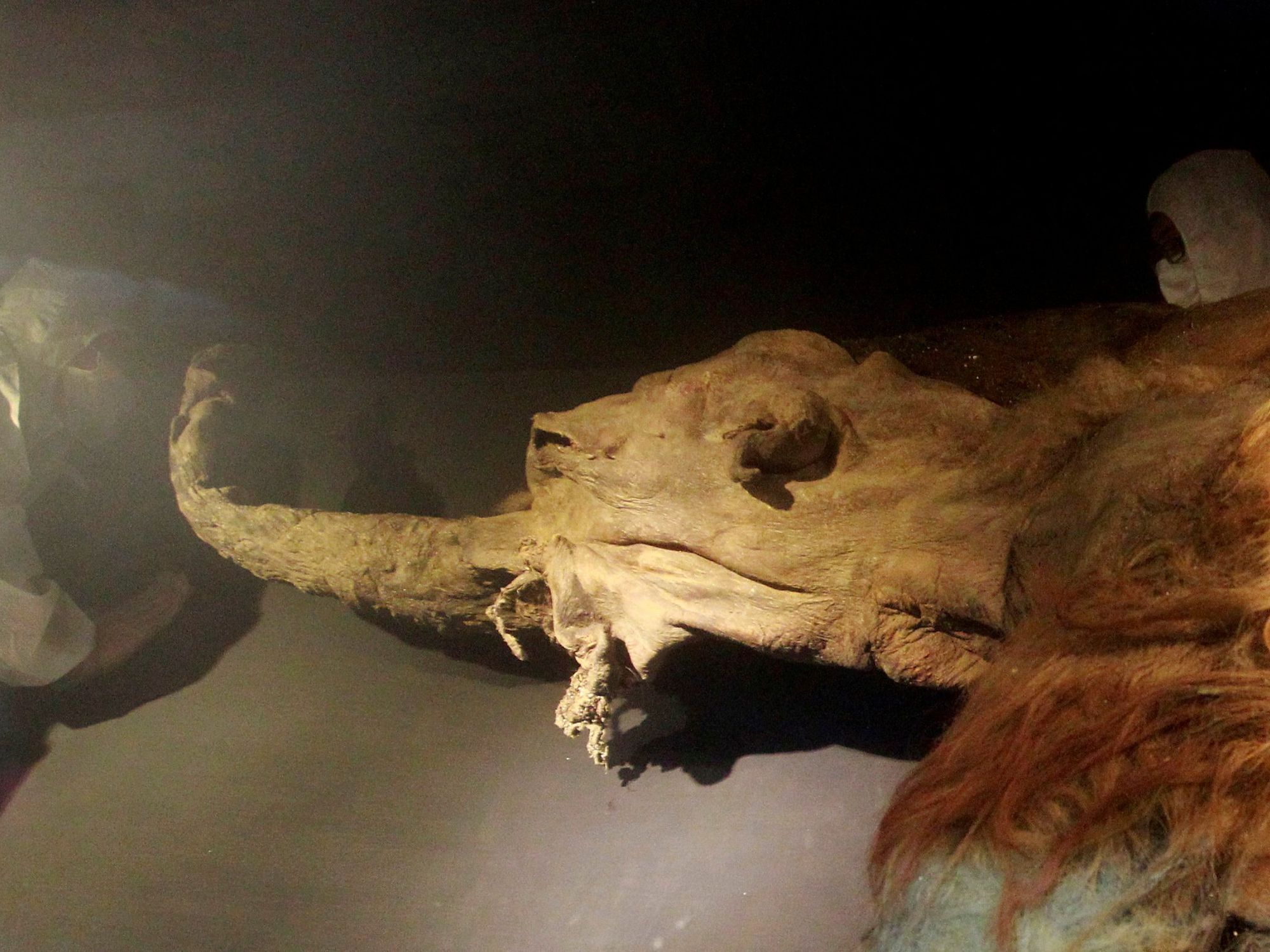Pig lung transplanted into human in groundbreaking operation sparks hope for organs on demand
Pig hearts, livers and kidneys have been transplanted into humans before but lungs are much more delicate
Don't Miss
Most Read
Latest
A groundbreaking operation has taken place as scientists have transplanted a pig lung into a human for the first time.
The medical procedure has sparked hopes about the possibility of organs on demand.
Scientists in China said they had successfully inserted a pig lung, which had been genetically engineered, into a 39-year-old male who had been declared brain-dead after suffering a brain haemorrhage.
**ARE YOU READING THIS ON OUR APP? DOWNLOAD NOW FOR THE BEST GB NEWS EXPERIENCE**
Previous experiments had seen pig hearts, livers and kidneys transplanted into humans through a process known as xenotransplantation.
However, prior to this operation, there had been fears a pig lung, which is much more delicate than other organs, would be immediately rejected.
According to scientists, the lung "maintained viability and functionality" for nine days in the man's body without major rejection or infection.
The team from Guangzhou Medical University who had performed the transplant wrote in the journal Nature Medicine to explain this shows the possibility of using pig lungs for transplantation.

Previous experiments had seen pig hearts, livers and kidneys transplanted into humans
|PA
They said: "Future studies can refine the approach to lung xenotransplantation and move closer to clinical translation."
The organ was genetically engineered in six genes in order to remove substances which provoke a response from the immune system in the body.
Human genes were also inserted to make it more compatible.
Although there were some signs that the man's immune system started to fight against the organ, which caused some lung damage, this began to improve as time went on.
MORE SCIENTIFIC BREAKTHROUGHS:

The organ was genetically engineered in order to remove substances which provoke a response from the immune system in the body
|GETTY
Beatriz Dominguez-Gil, Director of the National Transplant Organisation, said: "This study marks a milestone in translational medicine: for the first time, a genetically modified pig lung has been implanted in a brain-dead human being.
"The significance of this breakthrough lies in the fact that, until now, xenotransplantation experiments in humans had been limited to kidneys, hearts and livers, but never to lungs.
"This organ poses an even greater challenge due to its delicate physiological balance: it receives a very high blood flow and is continuously exposed to the ambient air, making it particularly vulnerable."
She added: "It opens up an unprecedented avenue towards new alternatives to the critical shortage of lungs for transplantation."
In Britain each year there are roughly 150 patients waiting for a lung transplant but dozens die waiting for a donor due to the ongoing shortage of organs.
Approximately 80 per cent of donated organs degrade quickly after death and may have been damaged by illness or smoking, making them unsuitable for transplant.
Globally, the World Health Organisation estimates only ten per cent of the global need for transplants is being met.
Pig's size, quick growth, large litters, and the fact they are already raised as a source for human food, make them ideal organ donors.
Earlier this year Chinese scientists from the Fourth Military Medical University in Xi'an inserted a genetically modified pig liver into the a brain-dead patient's for the first time, and US researchers have successfully implanted pig hearts and kidneys into humans.

PICTURED: Massachusetts General Hospital announced at a news conference that it had performed a second pig kidney transplant into a living recipient
|GETTY
Professor of respiratory transplant medicine at Newcastle University, Andrew Fisher, said: "This work is very welcome in furthering our understanding, but it marks an incremental step forward.
"There is much more work required and we are not on the dawn of an era of lung xenotransplantation using pig lungs."
Mr Fisher added: "Every breath you breathe in is bringing the external environment into the body.
"So the immune system in the lung is very sensitive and very active, which means when you're dealing with organ transplantation, where you know you don't want the immune system to be very active, it poses extra challenges."











